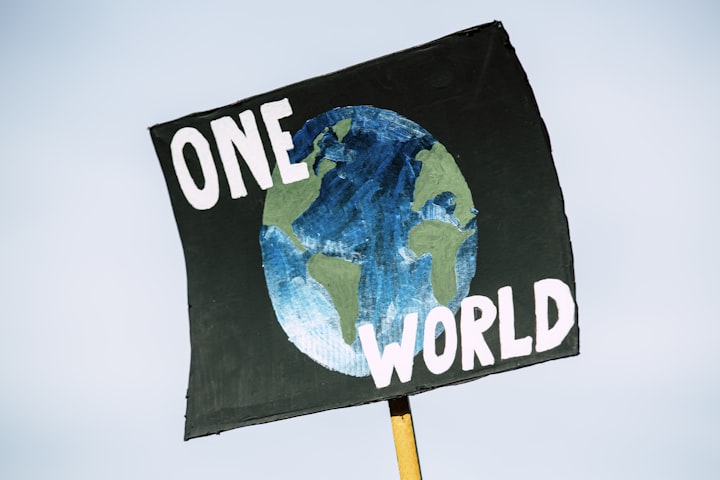What really is Fair Trade?
Protecting people and the planet

As a well-informed conscious consumer, you’ve probably heard of the term Fair Trade, but have you ever stopped to think about what this certification actually means or how it began? October was Fair Trade month and after taking a deep dive, I was even more impressed with this certification than I was before. Here is what you need to know:
Fair Trade USA’s mission is to create responsible and equitable business models for companies AND their workers in order to eliminate poverty and enable sustainable development for their communities. Today Fair Trade Certifications can be applied to all kinds of retail goods (technology, clothing, food), but it actually started with coffee.

Fair Trade USA’s founder, Paul Rice, spent years in Nicaragua empowering coffee farmers to sell their coffee on fair trade terms, and the influx of income in these communities helped over 3,000 families invest in homes, electricity and running water for the first time.
Seeing the massive impact Fair Trade could have, he founded Fair Trade USA in 1998 with two goals:
The first was implementing fair trade standards so that businesses had to operate ethically and protect the human rights of their workers. This is what most people think of when they hear Fair Trade.
The second was investing in Community Development funds where business pay more for goods so that the extra capital can be democratically reinvested back into the communities of the producers.

Fair Trade USA has since developed over 700 social, economic and environmental protections, and the 1,400 business that can meet these rigorous standards, are given the well-respected certification.
Today, Fair Trade Certified™ products have empowered over 975,000 farmers and workers across 62 countries to reach better terms with their trading partners; generating over $846 million for these producers.
Fair Trade goes beyond environmentally friendly labels, and it there’s one one thing thing I’ve learned from the environmental movement, it is that climate justice is social justice. There’s no point in fighting to protect our planet if we can’t protect its people, and it is why I take an “EcoEthical” mindset into everything I do as a consumer. That said, we’ve become so engrossed in our consumerism that we do not acknowledge the realities for those that produce our goods. The biggest reason for this is rather unsurprising... Cost.

Cost is usually the number one reason why someone makes a purchase, and many Fair Trade Certified goods end up taking on higher costs to ensure the standards are met. As a result, the products typically become more expensive, and for those in low socioeconomic standing, they are simply out of reach. Even for those with means are driven by price, and for my parent’s generation, there is nothing more thrilling than finding a sale or cheap items to buy. We’ve become conditioned as a society to expect prices to be low, and few consumers pause to think about the human costs for low costs.
Without mass adoption, it becomes increasingly difficult for these Fair Trade businesses to scale, but that doesn’t mean we shouldn’t keep supporting these businesses. A big piece of this puzzle will be policy, and there are plenty of industries that rely on government subsidies to ensure the prices of their goods stay low and affordable (dairy and milk are two great examples). Fighting the capitalistic machine as a servant of government can be a daunting task, but shifting portions of these preordained subsidies to new Fair Trade businesses is key to a more EcoEthical future.
We aren’t the only humans on this planet, and the more we remove ourselves from our consumer bubble, the better chance we have at adopting the Fair Trade mindset.

About the Creator
Farmer Nick
Nick Cutsumpas
@farmernick on Instagram
Plant Coach + Urban Farmer 🌱 LA | NYC📍
Plants = regenerative stepping stones 🌍
Reader insights
Nice work
Very well written. Keep up the good work!
Top insights
Easy to read and follow
Well-structured & engaging content
On-point and relevant
Writing reflected the title & theme






Comments
There are no comments for this story
Be the first to respond and start the conversation.